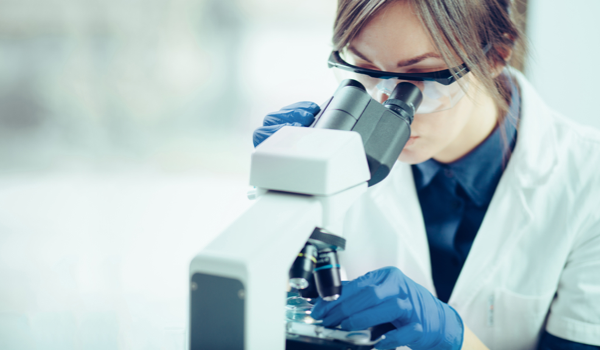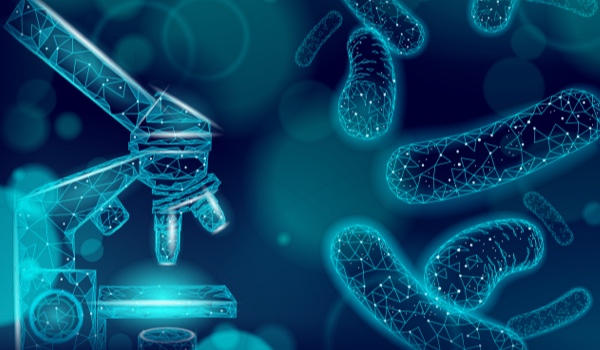


CAMBRIDGE, UK - Biology is fascinating: It is ubiquitous, and every living creature is a part of it. Biology is the study of life and shows how the human body and other living organisms function. Biological science helps people live, thrive, and survive. It plays a critically important role in medicine, but is also complex, impossible to rationalize, and thus a headache for scientists.
Plight of antibiotic drug discovery
Antibiotic drug discovery has failed to keep up with resistance, causing a major healthcare issue. Antibiotic resistance is responsible for the deaths of 1.27 million people each year, per an article the authoritative medical journal The Lancet published in February 2022.1 This makes it a bigger killer than either HIV/AIDS (863,000 annual deaths), or malaria (643,000 annual deaths).
To bring this number down, rapid, comprehensive change is needed. This means new antibacterial solutions are urgently required, and currently available antibiotics need to be overhauled because, as things currently stand, doctors are running out of options to treat certain diseases.
Furthermore, the drug discovery industry is facing severe challenges, including a decline in research and development productivity, increased drug development costs, and drops in sales. Many drugs do not even reach the market: Nearly 50 percent of drugs fail during phase 2 or phase 3 clinical testing because of inefficacy in programs that cost many billions of dollars. This then creates a vicious cycle, because as commercialized drugs deliver less value to patients, sales drop even further.
Shooting-star tech
Oppilotech, a startup, has the slogan, ‘Navigating Biology, Discovering Drugs,’ that encapsulates its mission of assembling detailed biochemical
The content herein is subject to copyright by The Yuan. All rights reserved. The content of the services is owned or licensed to The Yuan. Such content from The Yuan may be shared and reprinted but must clearly identify The Yuan as its original source. Content from a third-party copyright holder identified in the copyright notice contained in such third party’s content appearing in The Yuan must likewise be clearly labeled as such. Continue with Linkedin
Continue with Linkedin
 Continue with Google
Continue with Google











 917 views
917 views






